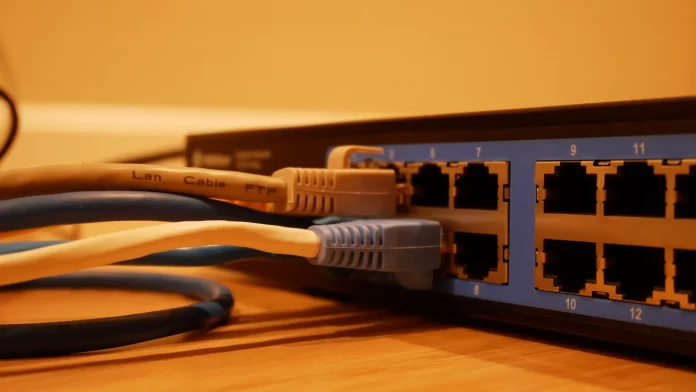Today, most of the places that screw us have Wi-Fi. You can connect to Wi-Fi anywhere. In any place, at work, in a park, or at home. This is important because the Internet plays a very important role in our lives. Therefore, many people ask what Wi-Fi to choose and what characteristics are most important to buy. It makes sense because a lot of factors in our lives depend on the quality of their work.
What you need to pay attention to when choosing a Wi-Fi router
In today’s world, people have become very dependent on the Internet. Everyone has long been used to having access to the web at their fingertips around the clock. No wonder with the development of technology, the Internet is becoming easier and more accessible to the average user.
Just 15 or 20 years ago, in order to get online, you had to find a computer with a wired connection or use a terribly slow connection through your cell phone. Today, many people find it hard to imagine not having the Internet on their smartphones.
With time and advances in technology, users have been able to do away with a wired connection and the era of wireless Internet connection has arrived. Now all you have to do is get yourself a router that you plug into your network and it can distribute access to that network to all compatible devices within its range. This technology is called Wi-Fi.
Wi-Fi has also gotten its own updates over time. They’ve helped improve connection quality, data speeds, and security. Today, there are a variety of router models on the market. They are very different in price and functionality, to pick the best option for you to know the main differences between routers and the characteristics that you should pay attention to.
Of course, it all depends on your individual needs, but it’s a good idea to pay attention to the following technical characteristics when choosing your new router.
Which Wi-Fi standard to choose
If you decide to do a search for a Wi-Fi router, you will probably come across a term like Standard Wi-Fi. This is essentially the name of the current version of Wi-Fi technology. Different standards have different bandwidths and can work in different frequency ranges.
In today’s routers, you might find 802.11ac (Wi-Fi 5) and 802.11ax (Wi-Fi 6 and Wi-Fi 6E). These are currently the most common standards that most modern devices support.
When choosing a router, you should refer to the specifications of your device and see if it supports the Wi-Fi 6 standard. It was released in 2019 and most manufacturers have started to build support for it into their devices since that year.
On the other hand, almost all routers with Wi-Fi 6 will be backward compatible with Wi-Fi 5. However, if you don’t have devices that support this standard, then there is no point in overpaying for them.
What is the number of ports on your router
You also need to ask yourself what you need your router for. If you want to connect to your router over the wire or share it with other routers over a wired network, you need a router with lots of ports for a wired connection.
It’s worth remembering that wireless connection has its disadvantages, such as limited bandwidth and various signal problems, especially if you live in a house with thick walls. Therefore, connecting some devices with a cable might be a great option for you.
Do you need to pay attention to the transfer rate
Perhaps one of the most important parameters when choosing a router is its data transfer speed. Many vendors give really exorbitant numbers, such as 1,700 Mbps. However, you should understand that it’s unlikely that you will actually be able to achieve such speed.
Usually, the manufacturers go for a trick and combine the speeds in different frequencies. For instance, a router can run at 1300 Mbps on the 5 GHz band and 400 Mbps on the 2.4 GHz band. The manufacturer combines these numbers and gets speeds in the range of 1700 Mbps. However, it should be understood that you can only use one channel at a time, so the maximum speed reaches only 1300 Mbps.
You should also understand that your provider is unlikely to be able to provide you with such a speed without various interference and dips. In general, you should choose your router according to the speed that your provider will be able to provide you 100% so that you don’t overpay for excessive power.
Which security protocol to choose
Probably the most important thing about your router is secure. No one wants to get their device hacked and have their data stolen. In that case, choose a router with the most secure and reliable protocols.
You will find two security protocols currently available: WPA2 and WPA3. WPA2 was developed in 2004 and is the minimum you should select when looking for a new router. One of its drawbacks is that if the network is compromised, intruders will try to break into the devices on that network as well.
However, with the WPA3 security protocol, each device has its own decryption key, which makes it much more difficult to attack specific devices. In addition, the network itself with WPA3 is the most secure and reliable.
In fact, there isn’t much difference in price between the two protocols, so you should always look for WPA3. At the moment, even the most inexpensive router models have it.
With these simple guidelines, you will be able to choose a router that will best suit your needs and will also be secure enough to protect you from various network threats.






